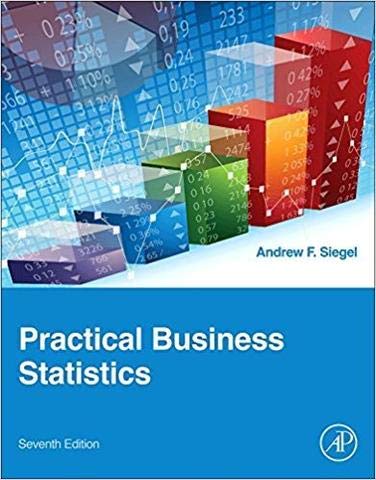Cardinal
₱1,156.00
Product Description
Tyree Daye’s
Cardinal is a generous atlas that serves as a poetic “Green Book”― the travel-cum-survival guide for black motorists negotiating racist America in the mid-twentieth century. Interspersed with images of Daye’s family and upbringing, which have been deliberately blurred, it also serves as an imperfect family album.
Cardinal traces the South’s burdened interiors and the interiors of a black male protagonist attempting to navigate his many departures and returns home ―a place that could both lovingly rear him and coolly annihilate him. With the language of elegy and praise, intoning regional dialect and a deliberately disruptive cadence, Daye carries the voices of ancestors and blues poets, while stretching the established zones of the black American vernacular. In tones at once laden and magically transforming, he self-consciously plots his own Great Migration: “if you see me dancing a twos step/I’m sending a starless code/we’re escaping everywhere.” These are poems to be read aloud.
About the Author
Tyree Daye is a poet from Youngsville, North Carolina. He is the author of two poetry collections,
River Hymns (APR/Honickman First Book Prize winner, 2017) and
Cardinal (Copper Canyon Press, 2020). Daye is a Cave Canem fellow and his work has appeared in
Prairie Schooner, The New York Times, and
Nashville Review. His honors and awards include the APR/Honickman First Book Award, the Whiting Writers Award, Palm Beach Poetry Festival Langston Hughes Fellowship, and finalist for the Kate Tufts Finalist. He currently resides in North Carolina.
Excerpt. © Reprinted by permission. All rights reserved.
By Land
I’ve lived on dirt roads that bent and ended
at a gate of pines,
the dust skipped up didn’t make my mother
look like a dream. I’ve lived
on roads that dragged through America,
I’ve paced only them to the next town.
The road we kissed on is gone,
rich folks buying up all the city in which we make do.
I miss when Sonny could do a wheelie
all the way down Person Street
and no one would call the police
because he was a part of the neighborhood like the honeysuckle
bush between two yards, and he was beautiful,
not like a horse standing alone in a yellow field,
but like a man is beautiful.
Most of the little towns have a road nicknamed Devil’s Turn,
where someone’s brother died on a Saturday night
while Nina sang
Tell Me More and More and Then Some
on the Caddy’s radio,
the moon the color of the oldest cardinal.
Every road isn’t a way out, some circle
back like wolves, you can’t get lost on them
and they won’t lose you, others wait
for you to run out of gas then come alive
with what your mother said would take you.
Every road promises something like a father does,
but when you arrive the town is empty, and you wait
like a child questioning everything, the road itself
laughing like a drunk man falling into a roadside ditch.
The road I’m walking now is howling and full of moon,
hopefully it’ll lead to myself,
hopefully they’ll take me home.
The Mechanical Cotton Picker
for Black Chicago poets
It wasn’t that they killed John Boy
in front of his mama’s small blue house,
and that no one called her Ms. Bluebird anymore
out of respect, though she never minded the name,
it made her believe she’d fly off some day,
or that the sheriff let John Boy’s body sit
until even the babies stopped crying,
their eyes filled with him,
his body already going to marble
no one would be able to lift from their sleep.
It was that we could feed ourselves then
by getting down on our hands and knees to pick cotton,
and most knew what a body smelled like
blowing down a dirt road.
When Chicago reached my ear the war was full of bodies.
They sent whole train cars for us black folk.
I read the
Defender and waited to hide my face
behind the curtains of a northbound train
and I prayed the train car would fly.
The south truly doesn’t want us to go.
A Mississippi cop w












